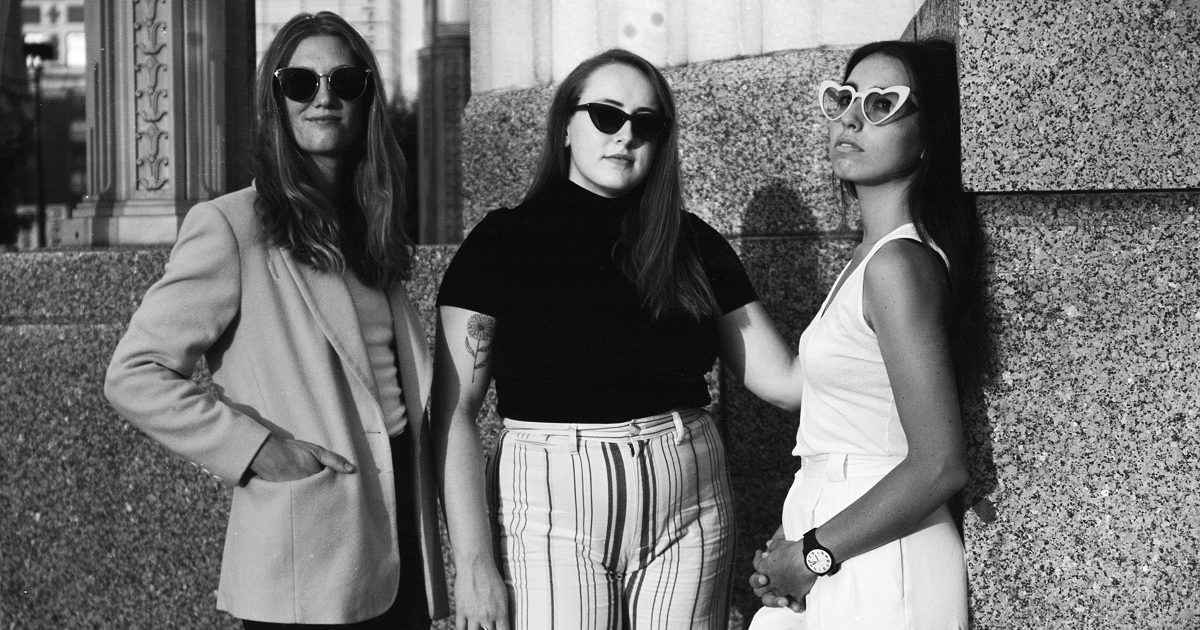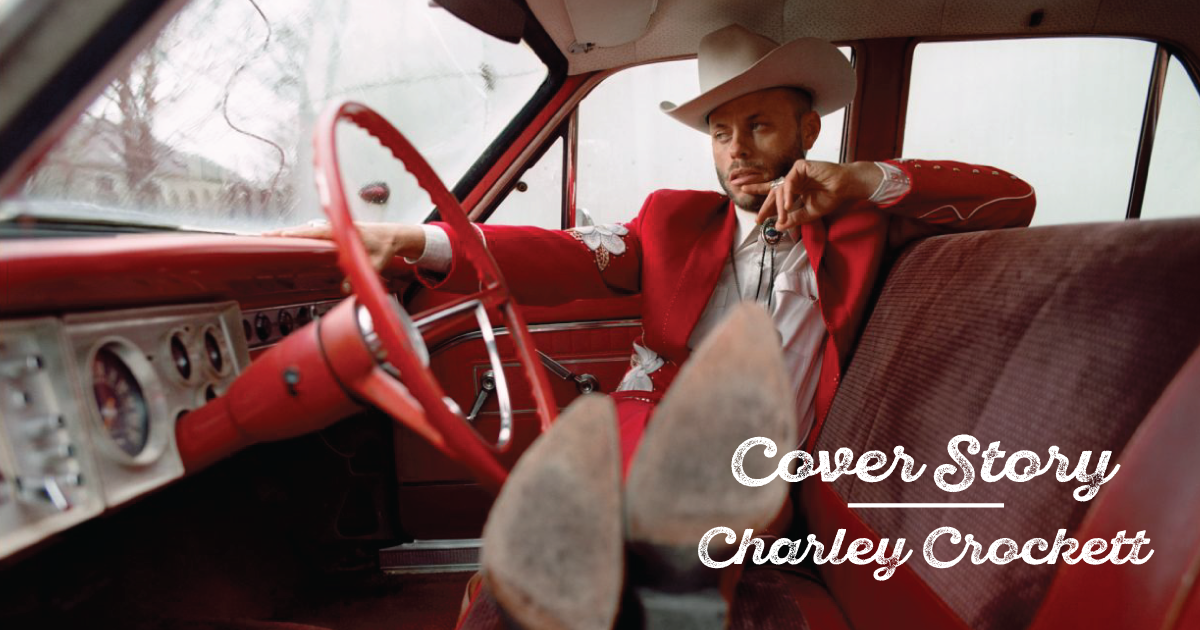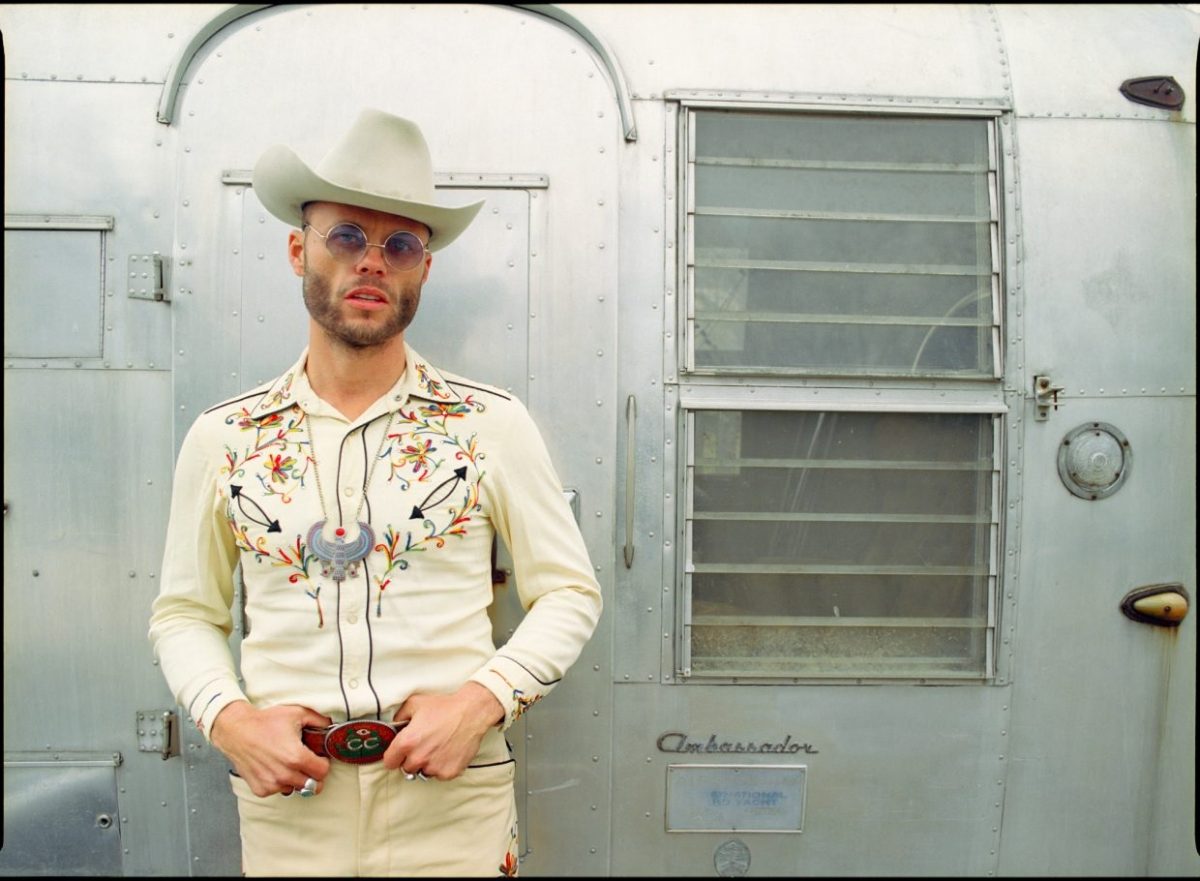Artist: Lula Wiles
Hometown: Our band sort of has two hometowns: we started the band when we were all living in Boston, but we first played music together as tweens at Maine Fiddle Camp, located in Wabanaki (Penobscot) territory (“Montville, Maine”).
New Album: Shame and Sedition
Personal nicknames (or rejected band names): Personal nicknames — who’s who should be obvious: Buckles, Burkles, Boms. A rejected bandname that we still joke about… “Monkberry and the Moonlights,” inspired by the Paul McCartney song “Monkberry Moon Delight” off of Mali’s favorite album RAM. We’re so glad we didn’t go with that name… lol.
What was the first moment that you knew you wanted to be a musician?
Eleanor Buckland: I grew up playing music with my family and looking up to my dad, who is a professional musician, so I’ve sort of had a desire to be a musician as long as I’ve known that was a thing I could be. But, I do remember a specific Crooked Still show in Maine during my freshman or sophomore year of high school that made such an impression on me. During the show I felt almost sick with longing and from then on I knew I was doomed (ha!) for professional musicianship!
Mali Obomsawin: As a little kid I always just wanted to make people happy and make people laugh. I think I always was a performer, and I always loved words, and it just ended up being music that those things came through. I sang and improvised little poems and acted out a lot. When we would play games as kids, I would always come up with little songs and dances… and when we would play fairies or whatever I would always choose to wear this potato sack and be the “troll” character. I liked being the goofy one that got to do mischief and be different. Maybe this is telling… haha. My dad’s a musician too and there have been a lot of musicians in my family for generations… it was just normal to express yourself that way.
Which artist has influenced you the most … and how?
Isa Burke: My influences have shifted and cycled in and out constantly throughout my life. I’d say Gillian Welch/Dave Rawlings and Joni Mitchell are probably the most long-lasting influences if I really had to narrow it down. But honestly, I think many of the biggest influences on me have also been my friends, family, bandmates, collaborators, and people I’ve shared musical community with. I also tend to go through phases where I’m really devoted to one artist, and this past year I’ve been really inspired by Fiona Apple. She’s so liberated in the way she creates, it makes me feel more liberated, too. When I listen to her music or read interviews with her, it’s like she’s shaking me by the shoulders and reminding me that I can do whatever the hell I want.
Mali: Like Isa I go through phases… some of my biggest influences that might not be obvious from listening to Lula Wiles are Ornette Coleman and Charles Mingus. I got really into “avant garde” and free music at a young age and I think that has shaped my preferences and tendencies as a musician in so many ways. I also think on this album we were able to lean in a little bit more to those sounds that are exciting to me, harsher or more “raw” sounds juxtaposed with atmospheric/gentle/melancholy ones, leaving room in our arrangements for grit and breathability and improvisation. These are all things I associate with Mingus and Ornette — I especially have always been so inspired by Ornette’s gut-wrenching melodies. Just so human. I think Buffy Sainte-Marie had these piercingly honest sounds/qualities in her music too, but I didn’t really dig into her work until more recently. I dunno. These days I’m just loving indie rock, I’m not too proud to admit it!! Really sardonic or sarcastic songwriters like Rufus Wainwright and Randy Newman have been big influences for me. Aaaand, let’s see… Fleetwood Mac?
What other art forms — literature, film, dance, painting, etc. — inform your music?
Isa: I’d say my songs definitely draw from fiction and film. I love songs that feel like short stories or films — songs with specific, carefully chosen details that expand in the listener’s mind to create a vivid scene, a feeling, a narrative. I also love dialogue in lyrics — Joni Mitchell is a master of that, obviously. Sometimes when I’m writing, I try to imagine the song as a screenplay, or a film, or a novel. Where would this scene take place, what would the characters say to each other, how would it look and sound and feel? That helps me hone in on which of the various elements at my disposal (description, dialogue, details, images, sounds, melodies) can best tell the story and create the feeling I’m looking for. I also think on a more musical (non-lyrical) level, my sense of rhythm is definitely informed by dance. I’ve always loved dancing and a lot of my most formative musical experiences were based in instrumental fiddle music, which at its root is dance music. I move around a lot when I play and I try to write music that feels embodied, that physically feels good to play.
Mali: So many of my songs have been sparked by specific phrases or ideas in fiction novels and poetry. I get obsessed with the beauty or rhythm or texture of a few words juxtaposed against one another, and I adore word-play, and just sonic patterns or complimentary sounds. Language makes me so excited. It’s nerdy maybe. But sometimes when I read a line in a novel that expresses a specific feeling in a poignant or abstract way, it’s really euphoric. James Baldwin is an example pertinent to this album -– the big inspiration behind “In Dreams” … I’m still working my way through Baldwin’s work now, but I’m also pretty deep in listening to speeches by Black Panthers and other civil rights activists from that time. I think it’s odd how we compartmentalize art/genres sometimes, because these speeches are some of the best pieces of American literature ever created. Anyway, I digress. I think in colors and shapes when I play and compose music, but not specifically in the form of paintings or anything.
What’s the toughest time you ever had writing a song?
Eleanor: “Hometown” on our previous record, What Will We Do, was one of my hardest songs to write. I think this was because the story I was trying to tell in the song is so closely connected to my home and the people I love. I found it harder to get to the truth of the song than ever before, because I was so determined to do the story justice. Mali and Isa were both critical co-writers for this song and helped me more deeply understand and stay true to the heart of what I was trying to say.
Isa: I have a song called “Wild Geese” that has been torturing me since April 18th, 2017. On that day, I sat down and wrote a verse and a guitar riff in about five minutes and thought it was one of the best things I’d ever written, but I’ve never been able to finish it. As soon as I wrote it I knew it had to be the last verse of the song, so I’m working backwards. Every so often I’ll pull the song back out and bang my head against the wall for a while, but I can’t seem to write anything that lives up to that one verse. I’ve even finished and scrapped a couple of full drafts (we actually recorded a rough version of one of them during the sessions for What Will We Do). I’ve always ended up getting rid of everything except that one verse. I can’t let that verse go. It haunts me! Maybe it’s just supposed to be a really short song — hopefully you’ll hear it someday.
What’s your favorite memory from being on stage?
Mali: Hmmm… the time Tim O’Brien introduced us as Lula Whales? There was another time we made Ellie eat a hot dog onstage in San Francisco on her birthday.
Eleanor: That was possibly my favorite birthday show ever. Isa and Mali surprised me with a hot dog onstage, since I love hot dogs and I am teased mercilessly for it. That same night, we also got pranked by our drummer, who had the sound guy at the Freight & Salvage play one of our TOP van jams, “Twang” by Mason Ramsey (featured in our playlist) as our walk-on music. It was awesome.
Photo credit: Laura E. Partain


